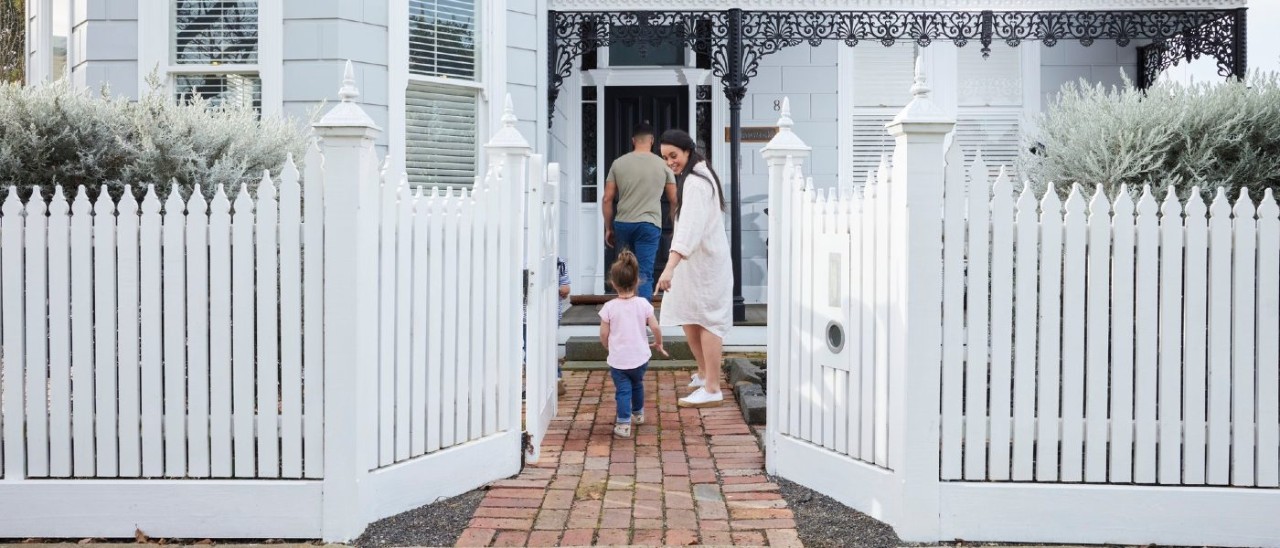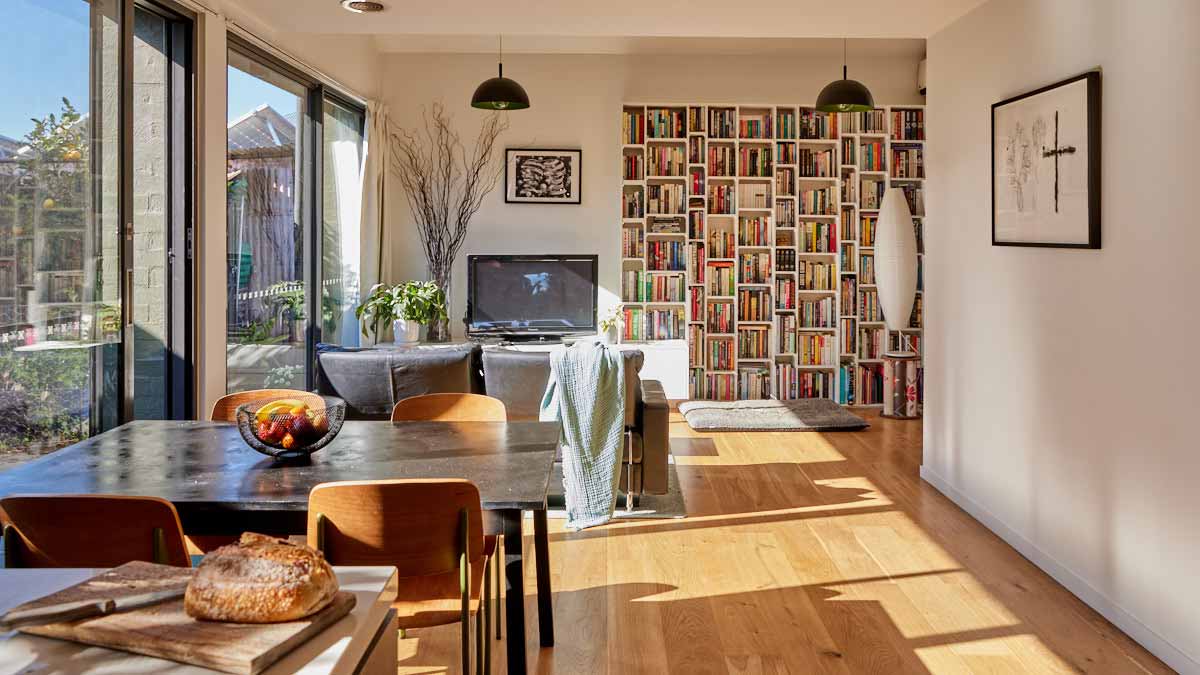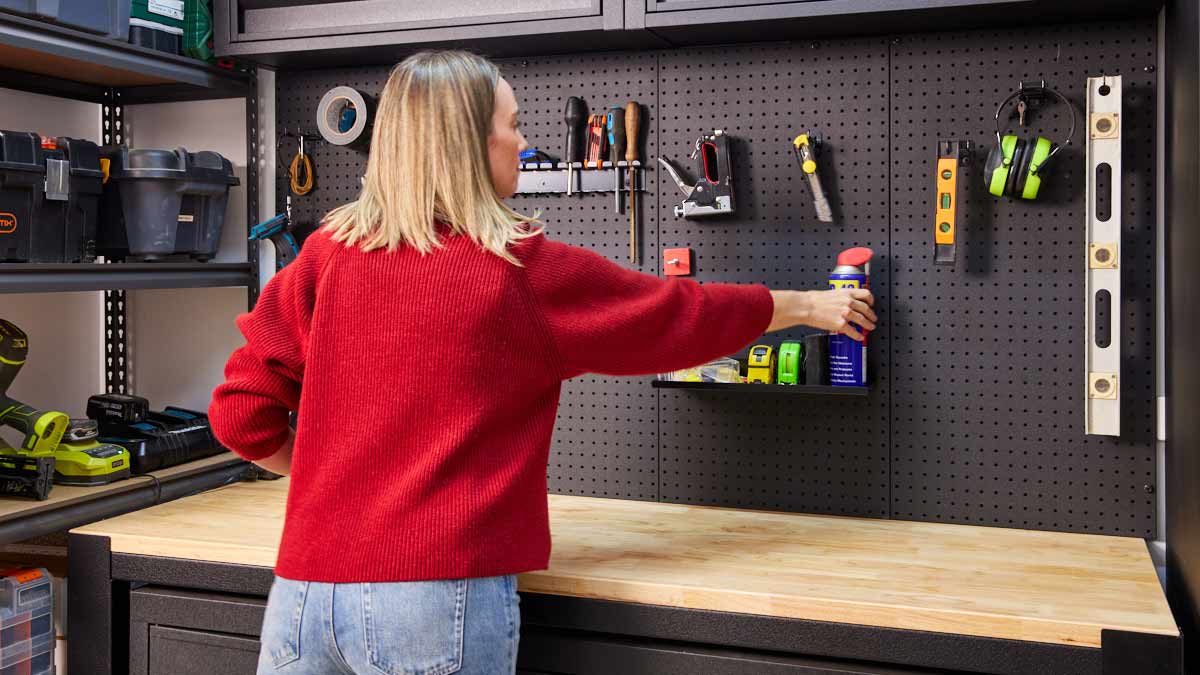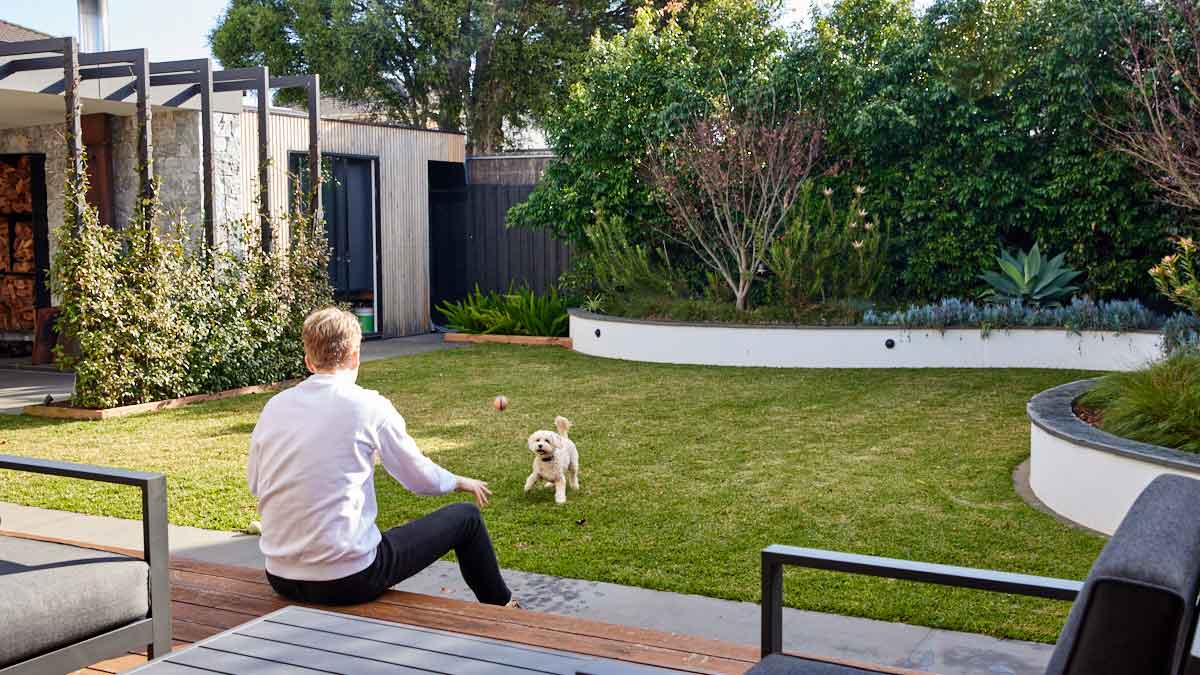Having your home burgled is unsettling. Here are some key ways to improve your home security and help burglar-proof your home.
Open house inspection tips for buyers and sellers

Open home inspections can be fraught for buyers and sellers. Present your home in it's best possible light - and be confident when inspecting - with these house inspection tips.
Thousands of properties open their doors every weekend in Victoria, ushering in potential buyers looking for their next home or investment. Open home inspections are a key feature of the Australian real estate market, arguably the most important tool for vendors to showcase their property and for buyers to determine if it's right for them.
Marko Salapura, Senior Manager for Inspections Delivery at Rapid Building Inspections, says that open homes are designed to show a property at its best - meaning you might not always spot underlying problems.
"Open homes are a first look, not a final assessment," he says. "As a buyer, always arrange an independent building and pest inspection before committing."
"As a seller, being proactive with maintenance and transparency can shorten time on market and help achieve a stronger sale price."
Regardless of which side of the fence you fall on, here are some of the best tips for attending open homes in Australia.

Research a property before attending an open house inspection. Identify any areas you might need to carefully check or questions you have for the agent.
Open home inspection tips for buyers
Preparation is key
You’re given limited time to inspect the property, so make sure you’re prepared. Research the home and area thoroughly beforehand, so you know what you want to follow up closer in person.
Take a notepad with you and jot down notes as you inspect, following up with the agent then or later. A tape measurer is also handy to measure dimensions of wardrobes, cupboards and cabinets, and pack a small torch for close-ups.
Enter with care
Treat your visit as though you’re visiting a loved one. Where requested, take off your shoes at the door and make sure little ones follow your lead. Wear or take clean socks with you, and leave your food and coffee in the car. There’s no need to knock, but be sure to let the agent know you’re there on arrival. More likely than not is that they'll be waiting by the entrance to greet you and take down your contact details.
Ask questions
Now is your time to ask the agent questions about the property. Discuss previous renovations, the owner’s reason for selling and any known issues with the home. Remember, agents cannot withold any material facts about a property.
It can be helpful to ask if a building and pest inspection has been completed recently, or if the vendors are open to you conducting one. This can help identify any issues that you may need to address if you decide to purchase the property, or provide you with more information to assist negotiations.
Other good questions to ask include the age of the property, whether it is under a strata agreement, if it is currently a rental property (as this can effect if and when you can move in) as well as their opinion of the neighbourhood, public transport and nearby schools. If you notice renovations, pools or extensions, ask whether building permits and compliance certificates can be supplied.
"Beyond renovations, ask specifically about termite protection history, drainage upgrades, or past water leaks," Salapura says. "These are often areas we uncover problems in during pre-purchase inspections."
Be sure to get the agent’s best contact details for any questions that arise following the open house.

Staging furniture can help show off a home's potential but don't let it distract you from any imperfections. Image: Matt Harvey.
Look thoroughly
Make yourself at home, respectfully. You’re welcome to open cupboards, look for leaks or squeaks, turn on taps and showers, use light switches and turn on stoves and ovens to check they're in good working order. But no snooping - you’re in someone’s private space, so their drawers and personal items are off-limits. It is best to double-check with the agent before taking photos or videos.
Don't be dazzled by display furniture either. Staged homes look great, potentially distracting you from defects and imperfections.
"Look beyond cosmetic features," advises Salapura. "Key red flags include cracks in walls/ceilings, evidence of roof leaks, gaps around windows/doors, and damaged subfloor timbers. These can indicate structural or pest risks that impact long-term value."
It's ok to look underneath or behind furniture (moving it gently is fine, just replace it) to ensure there are no hidden surprises.
Use all your senses
Take a good look when inspecting a property but don't rely on your eyes alone. Your sense of smell and hearing can also help determine if the property is right for you. Head into the bedroom and close your eyes - what are the noise levels like, both from within the property and from outside? Can you hear neighbours talking through the walls? Does the heater rattle when in use or does the plumbing whine?
A stale or musty odour in a home can indicate mould or damp, or even just a house that hasn't been kept clean. Salapura notes buyers should be wary of pleasant odours too.
"Fresh paint, candles, and staging can hide signs of defects," he says. "A musty smell may indicate damp or mould, and furniture can conceal wall or floor damage. Professional inspectors use tools like moisture meters and thermal cameras to detect issues that aren’t visible."
Be polite
Don’t forget your manners. Keep your criticisms to yourself while you’re inside the home. If you’d prefer to discuss them, call the agent afterward. Extend your politeness to the agent - they’re doing the best job they can for the owner. Introduce yourself when you meet them, and thank them when you leave. Politeness is the best way to build rapport, so it’s a win-win.

Decluttering and organising your house makes it more appealing to buyers. Image: Matt Harvey.
Open home inspection tips for sellers
Leave during the inspection
Potential buyers can be intimidated by an owner’s presence and may feel like they’re the ones being inspected. Your absence also gives your agent room to breathe, so go for a walk or grab a coffee.
They’ll want to show buyers the best features of your property - and these aren’t always going to align with yours. Even though you’ve spent weeks prepping your place for this moment, chances are it’ll be subject to criticism, so best to protect your feelings and steer clear of buyers’ feedback.
Declutter
Banish excess belongings so buyers can picture themselves as the new owners. Make sure all features and aspects of the space are on show by clearing clutter and storing surplus furniture or decor. Remove any potentially offensive items and pack away personal and sentimental items like photographs and keepsakes. Store your valuables in a safe place, too.
Read more: Everything you need to know about installing a home safe.
Remove your pets
Not all people are pet people. Some buyers may be immediately put off by the presence of four-legged friends in the home, so make arrangements for them to be out of the home during the inspection.
Pack away pet bowls, beds and toys, and rid the rooms of fur or hair. Make sure your lawn is clean and that cat litter is fresh and (if possible) stored out of sight. It’s okay to leave their kennel or beds set up in the backyard - it’s another invitation for buyers to imagine their pets enjoying your great outdoors.

Keep evidence of pets to a minimum, as their belongings can add unwanted clutter to a home. Image: Matt Harvey.
Be organised, compliant and transparent
Having your contract of sale (section 32) and all other relevant documents ready to go at your first open home shows buyers that you mean business.
"If you’ve had renovations, make sure permits and compliance certificates are on hand. Buyers (and their inspectors) will ask," says Salapura. "Missing documentation can slow or derail sales."
No home is perfect, but it's best to be honest and transparent in your dealings as a vendor. Attempting to hide issues is likely to backfire and in some cases may even be considered illegal.
"Buyers who uncover hidden issues in a building and pest inspection often negotiate harder — or walk away altogether. Sellers who are upfront generally secure smoother transactions," Salapura says.
Park offsite
Remove all cars from the property to give it a more spacious feel. If you have a garage, leave a door open so they can see what other parking space is on offer. Find additional temporary storage for caravans or boats, and any other large items blocking gardens or pathways.
Clean up
Even the best house will turn off buyers if it isn't clean and tidy. As well as ticking the usual housecleaning boxes, pay extra attention to spaces buyers will be evaluating. Scrub grout in bathrooms, buff floorboards, eliminate any odours and air out your home.
Boost natural light by leaving blinds open, and turn on lights and lamps in darker spaces. Make the temperature comfortable with heaters or air conditioning. Give the backyard and gardens a good once-over, including pruning, pressure-cleaning and rubbish removal.
Is it worth getting a building and pest inspection as a vendor in Victoria?
Unlike some other Australian juristictions, a vendor's building and pest inspection report is not required when selling your property. Instead, the onus is on buyers to get an inspection done, if desired. However, a vendor may find that getting a Pre-sale Building and Pest inspection assists with the sale of the property.
"While not mandatory in Victoria, having (a building and pest inspection) done can give buyers confidence and reduce negotiation pressure," Salapura says. "It also gives you the opportunity to fix small issues (loose tiles, minor leaks, timber decay) before they become deal-breakers."
If you have carried out renovations at your property you may need to supply an Owner Builder Report (also known as an Owner Builder Defects Report or a Section 137B Report). These reports check the condition of any building modifications or extensions made to your home and should be supplied to buyers with the contract of sale.


